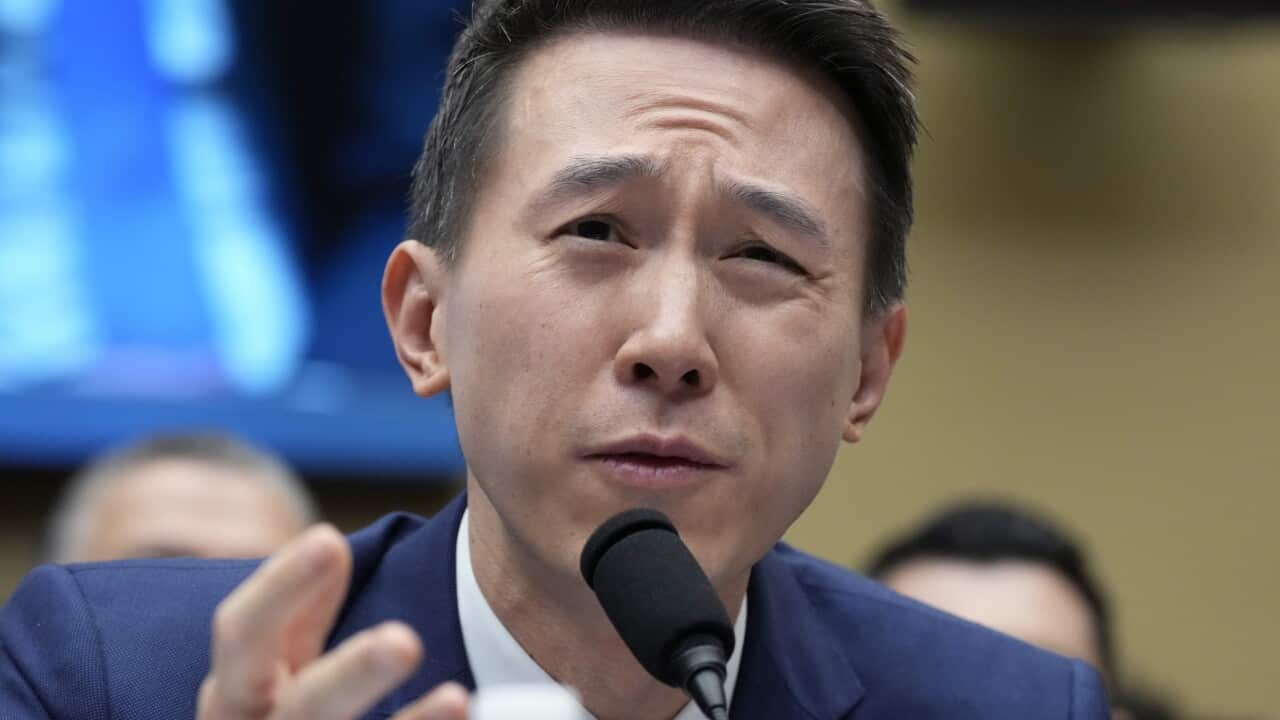Key Points
- Australia joins a growing list of countries to ban TikTok from government-issued devices.
- The move aims to limit security risks posed by the app.
- The Attorney-general's direction will come into effect as soon as practicable.
Social media app TikTok has been banned from Australian government devices over security concerns.
Attorney-general Mark Dreyfus confirmed the ban on TikTok in a statement on Tuesday.
“Today I authorised the Secretary of the Attorney-General’s Department to issue a mandatory direction under the Protective Security Policy Framework to prohibit the TikTok app on devices issued by Commonwealth departments and agencies.
"The direction will come into effect as soon as practicable. Exemptions will only be granted on a case-by-case basis and with appropriate security mitigations in place," Mr Dreyfus said.
'Extremely disappointed'
Lee Hunter, general manager of TikTok Australia and New Zealand, said, the company is "extremely disappointed" by this decision.
"[The decision] is driven by politics, not by fact. We are also disappointed that TikTok, and the millions of Australians who use it, were left to learn of this decision through the media, despite our repeated offers to engage with government constructively about this policy," Mr Hunter said in a statement.
"Again, we stress that there is no evidence to suggest that TikTok is in any way a security risk to Australians and should not be treated differently to other social media platforms."
China lodges 'stern representations'
China condemned the ban, saying it had "lodged stern representations" with Canberra over the move and urging Australia to "provide Chinese companies with a fair, transparent and non-discriminatory business environment".
"China has always maintained that the issue of data security should not be used as a tool to generalise the concept of national security, abuse state power and unreasonably suppress companies from other countries," foreign ministry spokesperson Mao Ning said.
Security concerns
Concerns over TikTok relate to the potential for data to be harvested and accessed by the Chinese government under national laws that can compel companies to hand over information.
Victorian Premier Daniel Andrews, who has more than 100,000 TikTok followers, earlier confirmed he would delete his account, but had not yet been briefed on the national security advice being considered by the Commonwealth.
He told reporters his government would follow the lead of its federal counterparts on matters of national security.
A cyber security expert flagged the public's use of the app should also be reconsidered.
"I do wonder whether or not there needs to be some broader action," CyberCX chief strategy officer Alastair MacGibbon told ABC Radio National.
"This is not around things made in China, as it's often depicted, this is an argument about things controlled by China.
"There's a fundamental difference between normal electronics manufactured in China and electronics that are controlled essentially under the laws of Beijing."
Opposition security spokesman James Paterson said Australia was behind other countries such as the United States, United Kingdom, New Zealand and Canada which had implemented a ban on government devices.
He said TikTok represented a serious espionage threat and wider action to protect the public should be the government's next step.
"The data privacy and security risks and also the foreign interference risks that affect millions of Australians who use the platform are so far not yet dealt with," he told Sky News.
"They have to be dealt with. Dealing with it on government devices is only the start."
'Publicity stunt'
But Greens senator David Shoebridge said the government's directive had missed the point and did not confront data security problems.
"The data security issues for TikTok are mirrored in pretty much every other social media platform - the difference is that our government is not running a fear campaign against the governments that host those platforms," he said.
"Banning TikTok from government devices is a publicity stunt which masks the fact our data is being exploited by every corporation that can get its hands on it - social media platforms, health apps, the games our children play."
-with AFP











